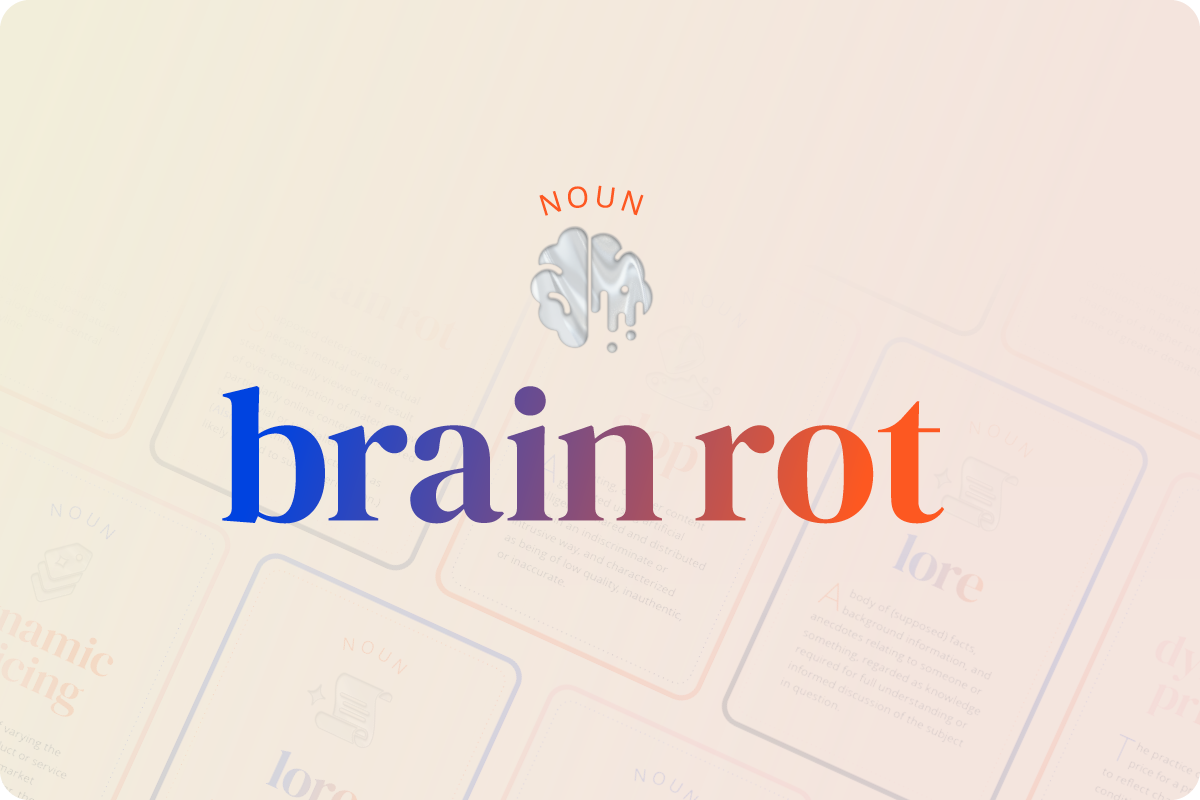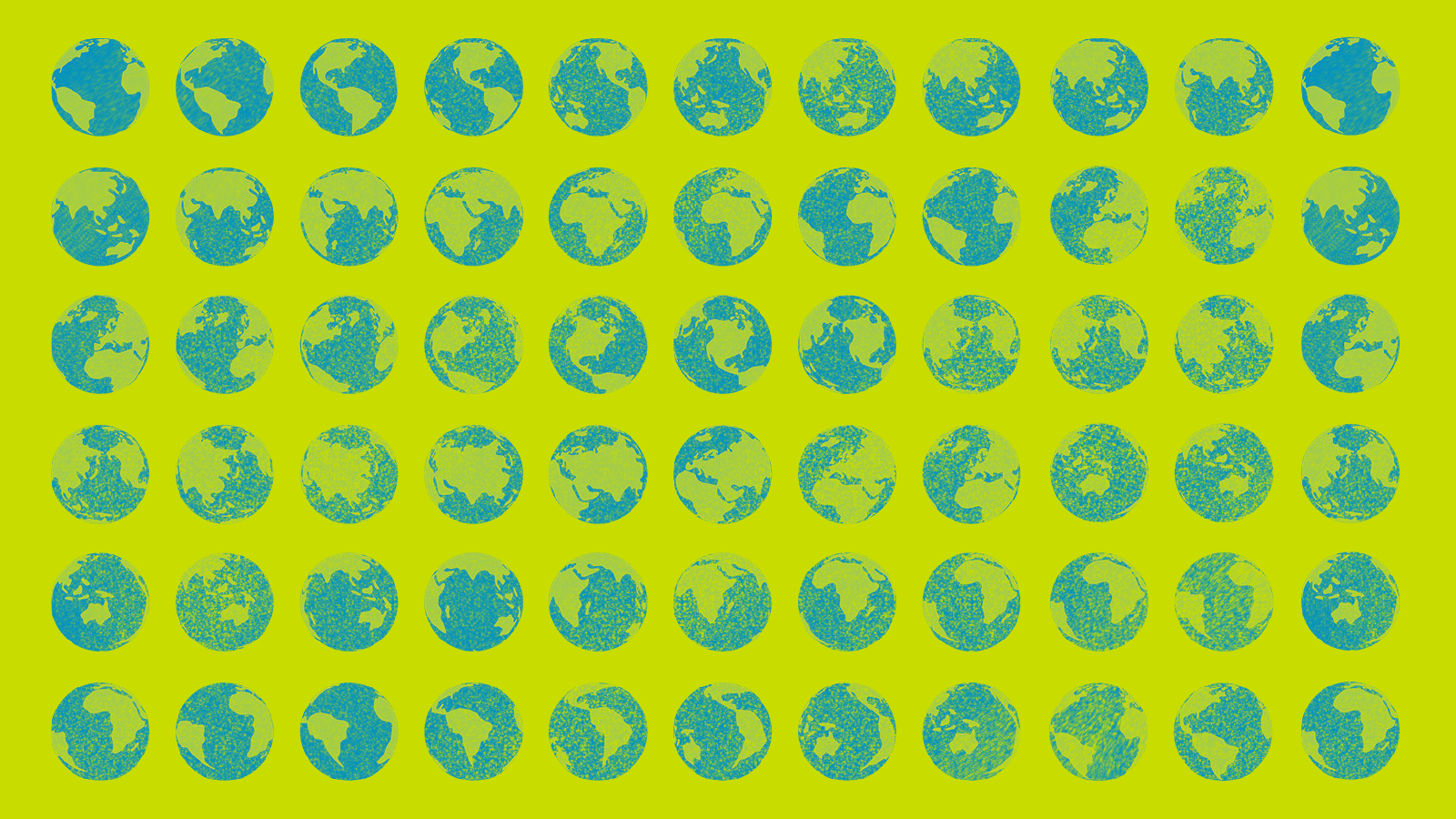‘Kindness’ chosen as Children’s Word of the Year 2024

Young people from across the UK have chosen ‘kindness’ as our Children’s Word of the Year for 2024.
Every year, our language experts and academic researchers track how the language used by children is evolving, and how it is used to reflect emotions and experiences. In 2024, we surveyed opinions from over 6,000 children aged 6-14 years old in the UK, asking for their suggested word. Based on their responses and frequent themes, we shortlisted three words—’kindness’, ‘artificial intelligence’, and ‘conflict’—and asked children to vote for their preferred word.
The final results showed ‘kindness’ ahead in front (61% of the vote), whilst a quarter of children chose ‘artificial intelligence (25%), and a smaller proportion selected ‘conflict’ (7%).
Why did young people choose ‘kindness’?
Our survey of children revealed mental health to be a reason for selecting ‘kindness’, while teachers also said a growing awareness among young people of the wider impact of kindness can have on mental wellbeing. Meanwhile, references to global violence and current conflicts further emphasized how attuned children are to current affairs. When asked about why they chose ‘kindness’, respondents frequently used words such as ‘need’ and should’, for example: “With so much going on in the world we should all be kind to each other”.
Speaking about the winner, Andrea Quincey, Product Director – Early Years and Primary, said: “It is so encouraging that kindness has been voted—by a considerable majority—as the Oxford Children’s Word of the Year for 2024. We know from previous years that young people are very conscious of the big issues that can divide us as a society and attuned to the important role which language can play in bringing people together. This choice suggests something more personal: an awareness of mental health issues and of the hidden challenges others may be facing. It tells us that empathy, and tolerance and the language we use matter, and that kindness is not only a solution to so many problems but is something everyone and anyone can do to make a difference.”
What do children think about artificial intelligence?
The research also demonstrated children’s enthusiasm in embracing AI. Whilst children expressed concerns around fake online content and superintelligence, of those who selected ‘artificial intelligence’, 53% gave positive responses, saying they were ‘excited’ or ‘optimistic’ about it.
A study of the Oxford Children’s Corpus—the world’s largest database of writing by and for children in the English language—reveals AI is a keen topic of interest for children, who often have varying viewpoints. Analysis, which includes looking at the stories submitted for the BBC 500 Words 2024 story competition, shows the phrase ‘take over the world’ is commonly used in relation to AI, as well as themes around AI machines being empathetic to humans.
Top slang word is ‘slay’
We also asked young people to choose their favourite slang word, with more than a quarter (28%) choosing ‘slay’, citing it as a term of approval and expression of support. Whilst ‘slay’ has appeared on our slang shortlist for the past two years, 2024 saw a rise specifically in younger children voting for the word, with a 16% increase from 2023 among six-to-eight-year-olds. The terms ‘sigma’ and ‘skibidi’ came in second and third place respectively (with 16% and 15% of the vote), highlighting the influential role social media is playing on children’s language.
Our Children’s Language department have published the Oxford Children’s Word of the Year 2024 report, which is now available to read.




